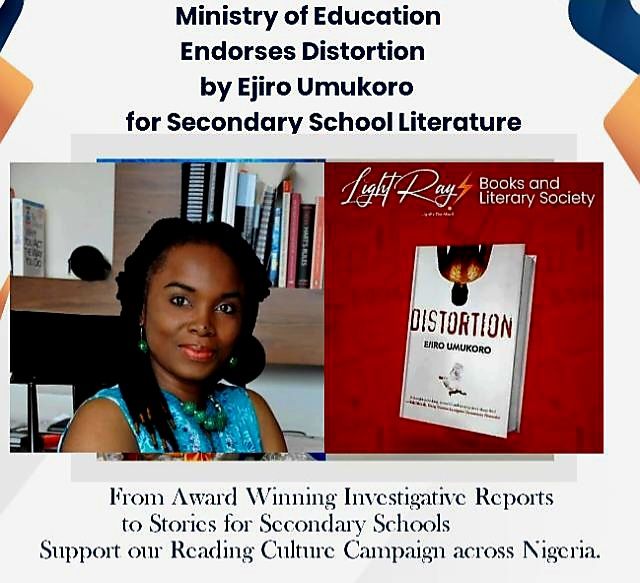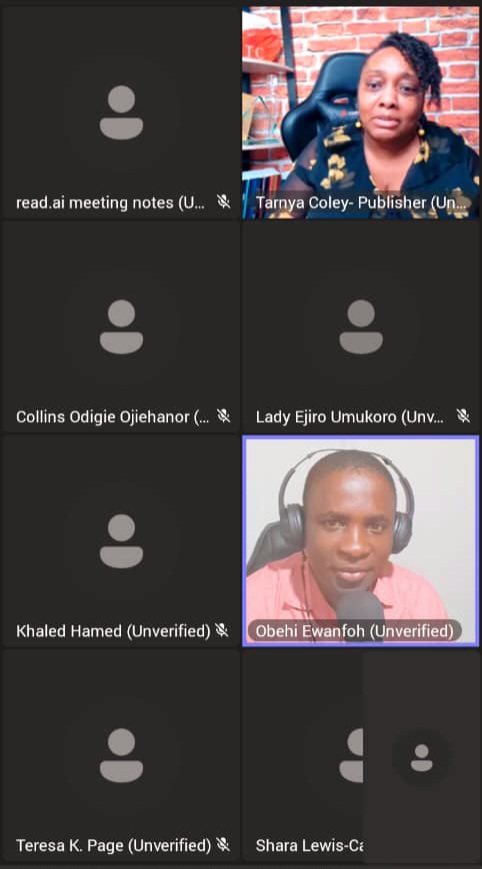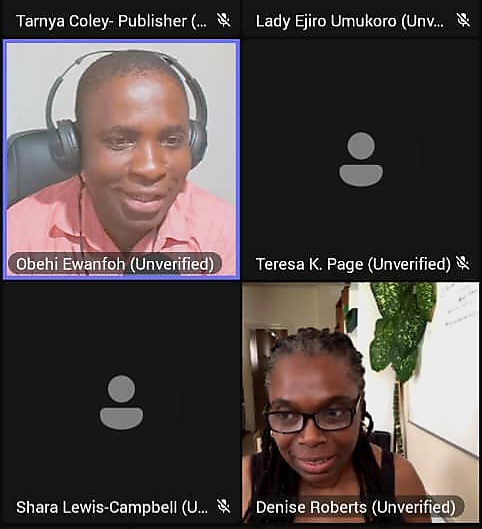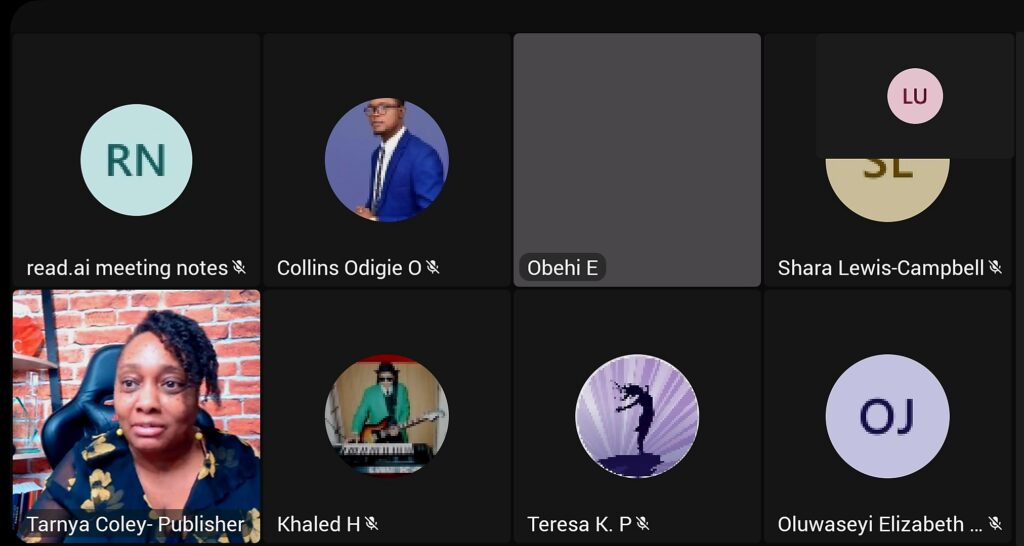“I am Not Colonised”: Women Authors in Diaspora Challenge Existing African Narratives, Identity, Storytelling and Literary Legacies
The Power of Literary Influences: The undeniable force of literary influences shapes writers in profound ways. From childhood stories to classic novels, these formative experiences leave indelible marks on an author’s creative journey. Whether it’s the whimsical worlds of Roald Dahl or the poignant prose of Toni Morrison, these early encounters with literature mold a writer’s voice, themes, and style.
Acculturation and Mask-Wearing — the process of adapting to a new culture—often leads to complex identities. As individuals navigate cultural shifts, they may don metaphorical masks to fit in or protect themselves. These masks, however, can seep into their storytelling.
Writers grapple with the tension between authenticity and assimilation, resulting in narratives that sometimes feel strained or inauthentic. The struggle of writers’ block: Imagine a writer staring at a blank page, grappling with self-doubt and creative paralysis.
The weight of cultural expectations, personal history, and literary influences can contribute to this dreaded phenomenon known as writer’s block. The struggle to find one’s authentic voice amid societal pressures can be both isolating and frustrating.
Misunderstood Identities in Fiction and Non-Fiction sees writers often wrestle with portraying identities accurately. Misunderstandings arise when cultural nuances are oversimplified or misrepresented. Whether crafting fictional characters or penning memoirs, authors must navigate the delicate balance between universal truths and individual experiences. Authenticity matters, especially when addressing complex issues like colonization and identity.
Unveiling the Masks: “I Am Not Colonized” powerfully expressed by Lady E Ejiro Umukoro in a powerful webinar tagged: The Power of Your Book featuring international authors and publishers, bears upon our minds a clear rallying cry: “I am not colonized.” This call-to-action encourages writers to shed the masks imposed by history, society, and literary norms. By unveiling their true selves, authors can create narratives that defy stereotypes, challenge misconceptions, and celebrate diverse voices.
At LightRay! Media, we believe that every writer’s journey is unique, shaped by personal experiences, literary influences, and the courage to reveal their unmasked truth. Enjoy this special Power of Your Book 2024 Webinar.
By Oluwaseyi Elizabeth Jimoh
In a thought-provoking online forum titled “The Power of Your Book,” five remarkable authors from Nigeria, the U.K., the U.S., and Spain converged to discuss the vital role of African literature in shaping our collective consciousness. These phenomenal female authors shared their insights, experiences, and unwavering commitment to leaving a worthwhile legacy through their writing.
“Lady E” Ejiro Umukoro: Championing Representation and Depth
Multi-award-winning Nigerian investigative journalist and author, Ejiro Umukoro, took center stage during the forum. Her book, “Distortion,” has garnered widespread attention, resonating with mothers, teenagers, media professionals, and government stakeholders alike. Through her work, Umukoro masterfully captures the African trajectory while giving voice to the Nigerian culture.
She emphasized the importance of African authors crafting compelling narratives that truly resonate with readers. She asserted that storytelling should not merely entertain but also reflect the rich tapestry of identity. “Nigeria boasts a vast reading audience,” she declared, “and authors must tell stories that matter—stories that authentically represent our people.”

Her book’s approval by the Delta State Ministry of Education came as no surprise. Readers found themselves fully represented in the characters, from the resilient protagonist Abu to the diplomatic and domineering Mama G., Umukoro’s investigative journalistic background fueled her commitment to addressing gender-based violence, child rights, religion, politics, and other societal issues.
Aspiring authors, she urged, should embrace hard-hitting narratives that shed light on solutions. “I meticulously wove African beliefs, value systems, community lifestyles, and religion into ‘Distortion,’” Umukoro shared. Her vivid imagery, evocative language, and well-crafted characters gave the novel a depth and richness that resonated with readers.
However, Umukoro offered a cautionary note: Writers must detach themselves from personal biases during the creative process. Drawing from her investigative work, she allowed the story to unfold organically, challenging her own preconceptions. “Books have their own voice,” she advised, “so let your characters breathe.”
Tarnya Coley: Empowering Voices and Breaking Barriers
The second speaker, Tarnya Coley, wears multiple hats as an author, mother, and self-publisher. Her theme, “Your Voice Matters,” emphasized the transformative power of storytelling. Tarnya eloquently explained that sharing one’s story is an act of disclosure—a gift to others. Even seemingly insignificant narratives contribute to a lasting legacy, offering hope and connection.

Tarnya boldly addressed the stereotype that books by black authors won’t sell. “We must dismantle this barrier,” she asserted. “Every setback becomes a setup for a comeback.” Her call to action resonated with aspiring black writers, urging them to reclaim their narratives and challenge prevailing norms.
In a literary landscape where female voices have often been muted, these phenomenal authors stand as beacons of empowerment. Their words echo across generations, reminding us that literature transcends time, leaving an indelible mark on our collective consciousness. As we celebrate their legacy, we recognize that storytelling remains a powerful force—one that shapes minds, hearts, and the very fabric of our existence.
Empowering Writers: Overcoming Barriers and Embracing Authenticity
Continuing our exploration of the power of African literature, the forum delved into practical steps for aspiring writers. Lady Ejiro Umukoro’s insights were complemented by additional speakers who shared invaluable wisdom on writing, identity, and legacy.
Practical Steps for Aspiring Writers
Lady Ejiro’s emphasis on telling compelling stories resonated with the audience. To overcome barriers and share their narratives effectively, intending writers should consider the following steps:
- Have a Clear Idea: Before putting pen to paper, writers must clarify their purpose. What story do they want to tell? What message burns within them? A clear idea serves as the foundation for impactful writing.
- Establish a Writing Routine: Consistency is key. Writers should create a dedicated writing routine—whether it’s daily, weekly, or monthly. Regular practice hones their craft and keeps the creative juices flowing.
- Set Realistic Goals: Writers should set achievable goals. Whether it’s completing a chapter, submitting an article, or finishing a short story, incremental progress builds momentum.
- Stay Committed and Motivated: Writing can be daunting, but commitment and motivation are essential. Surrounding oneself with supportive peers, attending workshops, and seeking inspiration from other authors can fuel the creative fire.
- Marketing Strategies After Publishing: Lady Ejiro stressed the importance of marketing. Writers should leverage book reviews, endorsements, and social media. A dedicated website or media platform helps promote their work and leaves a lasting legacy.

Denise Kelly Roberts: Decolonizing Writing Identity
Denise Kelly Roberts, a writer, book editor, and coach, tackled the topic of “Decolonizing Your Writing Identity.” She urged writers to find their unique voice—one that distinguishes them from others. Understanding their writing identity empowers them to intentionally draw from the voices and stories they want to share.
Denise acknowledged that some writers struggle to put their stories on paper. Often, this stems from missing their writing identity. She encouraged black writers to discard colonized language and embrace authenticity. Drawing inspiration from trailblazing authors like Toni Morrison, Frantz Fanon, and Andrea Levy, Denise emphasized the need to find one’s true voice.
Teresa K Page: Invent Change Through Identity
Motivational speaker and mentor Teresa K Page took the stage, emphasizing that writers’ identities can drive change. Whether writing fiction or nonfiction, knowing who they are and whom they represent is crucial. Teresa cautioned against revealing personal pain and trauma directly but highlighted how their work contributes to an intelligent spectrum that challenges readers.

Shara Lewis-Campbell and Moderator Obehi Ewanfoh
Shara Lewis-Campbell and moderator Obehi Ewanfoh echoed the call for writers to share their stories boldly. Not everyone can articulate their thoughts, but those with the writing skill should seize the opportunity. The impact of the session was palpable, with participants like Khaled Hamed, Debra Horton, Collins Odigie Ojiehanor, Jimoh Elizabeth, and others fully engaged.
As the forum concluded, the legacy of these phenomenal female authors continued to inspire, leaving an indelible mark on the literary landscape.





Comments